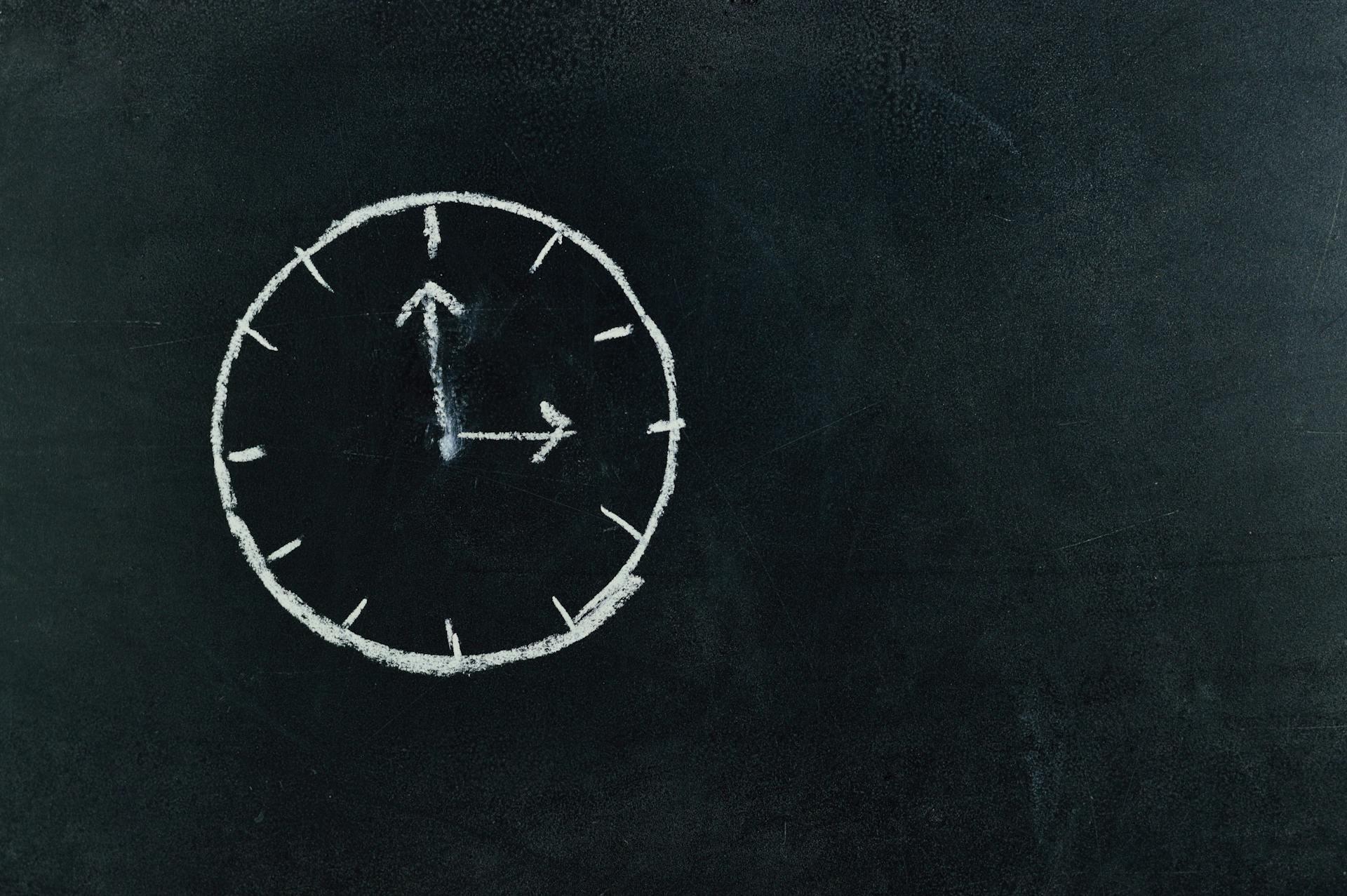You've supported your child through endless months of revision, stress, and anticipation. Now the results are in and they're not what the both you hoped for. But failure isn't the end, only a brief set back and a chance to grow. In fact, this moment could the turning point that helps your child understand themselves better, build resilience, and reframe what success really looks like.
While they can be demoralizing, poor exam results don't necessarily define your child's future. With the right support, there's no reason they can't get back on track and pass the next time around!

Why Kids Fail Exams
While it might feel reasonable or even justified to do in the moment, blaming the exam, the education system, or even your child for their performance doesn't achieve anything worthwhile or positive.

Instead, it stops you from asking the harder and more useful questions - like what actually went wrong, why, and how this can be dealt with better in the future so it doesn't happen again.
When a student underperforms, it's rarely a case of laziness. Often it revolves around things that go unnoticed, like chronic stress, a dip in confidence, and poor focus. As a parent, try to keep an eye out for these signs and regularly talk to your child about how they are feeling as exam day approaches.
Test Anxiety

Test anxiety is one of the most commonly overlooked reasons students underachieve in their exams. To make matters worse, it can affect everyone - from the youngest primary school pupils to PhD level university candidates.
Should you feel that this psychological condition may afflict your child, you should talk with mental health professional for strategies on how to deal with it well ahead of exam time.
Common Symptoms of Text Anxiety
Self-Esteem
Kids and teenagers are rarely upfront about how they feel. While they might act confident, underneath, many youngsters are struggling with self esteem. Everything from how they get on with friends to their experiences in teenage love can make an impact.

While peer pressure isn't something new, in today's modern world it can feel relentless for teens. Sadly, due to social media and the use of smart phones, things like criticism, comparison, and even online bullying can follow teenagers home and become a 24/7 occurrence.
Common Symptoms of Low Self Esteem
Study Strategies

Most GCSE students take at least 8 subjects, including core exams in English, Maths, and Science.
While it might logical for your child to stick to the GCSE topic they enjoy or find the easiest to study, this approach can be a bit short sighted. Generally, most employers are looking for a balanced mix of GCSE qualifications in those they hire - not just high grades in a few of the most familiar subjects.
Making a study schedule and sticking with it, using study tools such as mind maps, flashcards and past papers, and giving equal time and attention to each subject, no matter their level of interest are just a few study strategies you might develop before the next round of test-taking.
Time Management

Time management isn't about filling every hour, it's more about making the most of a study block. As a rule, a short and focused session is ten times more effective than hours upon hours of half hearted revision.
Take a look at the handy chart we've created below or check out these self-help books for teenagers if you want to make an effective schedule or timetable for yourself.
| Day | Subjects | Time |
|---|---|---|
| Monday | English, Science, History | 6:30–9:00 PM |
| Tuesday | Maths, Geography, Art | 6:30–9:00 PM |
| Wednesday | RE, Language | 6:30–8:30 PM |
| Thursday | Repeat Monday | 6:30–9:00 PM |
| Friday | Repeat Tuesday | 6:30–9:00 PM |
| Saturday | Light review or mock test | 6:30–9:00 PM |
| Sunday | Day off | N/A |
The Hidden Cost of Success

While education in the UK is technically free for a lot of students, the path to academic success often isn't. Revision books, private tutoring, and even reliable internet access all come with their own price tags. And if the combined total of those extras aren't affordable, it can leave students from less financially secure households quietly falling behind those with families who earn more.
When Support is Affordable
- Access to private tuition
- Fast and stable internet
- Latest study resources
- Devices for online learning
When Support is out of Reach
- Outdated or no revision materials
- Patchy internet or shared devices
- No access to private tuition
- Reliance on school resources
Why Else Can A Child Fail their Exams?
Other reasons why kids fail exams include:
What Not to Do If Your Child Fails Their Exam
Failure is only the opportunity to more intelligently begin again
Henry Ford
So, your child has failed their exam. What now? Well, how you react in this moment is incredibly important and can make or break your child's chance of success in the future. Below we outline several behaviors that are worth avoiding if you want to help them recover and rebuild their confidence.
Don’t Get Angry or Show Disappointment

It's very likely that your child will already be experiencing a cocktail of emotions like embarrassment, shame, and self loathing upon failing their exams. As a result, getting angry or piling on the guilt won't help - it will only crush their spirit further.
Sit down and let your child talk, making sure to listen more than you speak. From here, calmly remind them that setbacks are a normal part of life and that you wholeheartedly believe they are capable of doing better next time - so long as they put in the work.
Don't Demean
“Do you want fries with that?” Although comments like this are usually said as a joke, they sting. Children and teenagers don't need to hear them, especially when they're already dealing with the fallout of failing their exams and putting their confidence back together.

Yes, many parents use humor to connect with their children. However, during emotional moments, it's best to press pause on the jokes for a little while. Instead, remind them that retakes are possible while also sharing examples of successful people like Albert Einstein and Bill Gates who didn't follow the usual academic path
Don’t Compare

Experts advise that parents should not compare their child with any other. A parent’s lot is to understand that every individual is different and everyone has different strengths. Being compared is torture for us adults. It’s worse for teenagers, whose hormones and emotions are all over the place.
What You Should Do and Say Instead?

Once the results are in, remember that your child doesn't need vague reassurances - they need you to be steady, honest, and there for them. Have a proper conversation: ask them a bunch of important questions like how they're feeling, what they think went wrong, and what they'd like to do next.
Not all hope is lost, far from it actually. If your child didn't pass, they will usually get another chance to resit key subjects in the autumn or next summer exam cycle. There are also plenty of other routes you can explore together, like online courses, evening classes, or adult education programmes if they want to focus on sports or another career path first
Also keep an eye on how they're coping In the days that follow too. For example, if they start pulling away or seem unusually low, don't just ignore it. Sometimes, a bit of normality - things like a walk to the park or a day our somewhere fun can ease the pressure and help them get their minds off things.
A child seldom needs a good talking to as much as a good listening to
Robert Brault
Tips to Prevent Exam Failure
A failed team or bad school report doesn't necessarily mean your child's education is a lost cause. However, it is a sign that something needs to change sooner rather than later. More often than not, this change isn't something drastic either. In fact, it can be as simple as a shift in daily routine, hiring a tutor via superprof, or trying out different exam resources that are less boring to study.
It's also worth remembering that boys and girls often respond differently to school, pressure, and revision - so you'll need to adjust approach on what actually works for your child, not just what works in theory. Below, we've outlined a few practical tips to help your youngster avoid exam failure.
🗓️ Plan Early
- Start revision months before exams
- Set weekly goals
- Include extra time to study difficult topics
🧠 Study Smarter
- Use past papers
- Mix up revision methods
- Allocate time to weaker areas
🗣️ Stay Connected
- Check in on progress
- Keep an eye out for changes in focus
- Ask if they need help
Summarise with AI:























Wow.
It is an invaluable resource for parents seeking guidance in navigating the sensitive topic of exam failure. Its compassionate approach, practical advice, and insightful strategies will equip parents with the tools they need to foster resilience and inspire their children to overcome setbacks. If you’re a parent looking to provide unwavering support to your child during challenging times, this blog is an essential read.